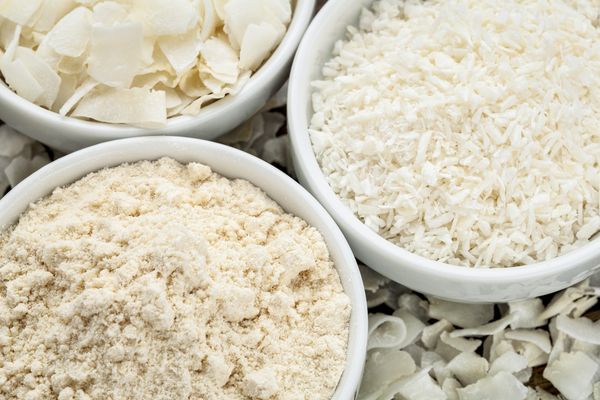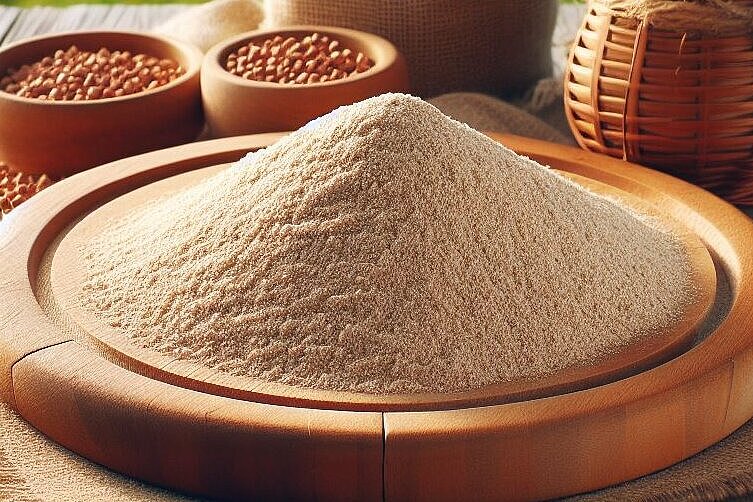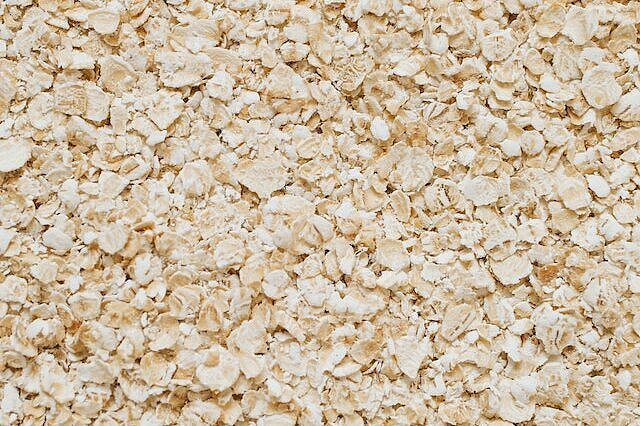Chestnut flour

The benefits of chestnut flour for dogs
Chestnut flour has a number of benefits for dogs that you can take advantage of. Firstly, it is gluten-free and therefore well tolerated by dogs with gluten intolerance or a grain allergy. Secondly, it contains lots of fiber, which aids your dog's digestion and keeps them full for longer. Chestnut flour is also rich in vitamins, minerals and antioxidants, which can strengthen your dog's immune system and protect him from illness. Chestnut flour also has a low glycemic index, which means that it won't cause your dog's blood sugar levels to rise too high. This is particularly important for dogs with diabetes or who are overweight.
The disadvantages of chestnut flour for dogs
However, chestnut flour also has some disadvantages that you should be aware of. Firstly, it is relatively expensive compared to other types of flour, as it is not grown as frequently. Secondly, it has a high starch content, which means that it contains a lot of carbohydrates. This can lead to weight gain or digestive problems if you feed your dog too much of it. Also, chestnut flour is not very high in protein, which means you should combine it with other protein-rich ingredients such as meat or eggs to meet your dog's needs.
How to use chestnut flour for your dog
If you want to use chestnut flour for your dog, there are a few tips you should follow. Firstly, you should always make sure that you only buy pure chestnut flour that does not contain any additives such as sugar or salt. Secondly, you should always adjust the amount you feed your dog. A rule of thumb is that you should not replace more than 10 percent of your dog's daily calorie intake with chestnut flour. For example, you can use about one tablespoon of chestnut flour per 100 grams of dry food. Thirdly, you should always make sure that you mix or moisten your dog food with chestnut flour well so that it does not become too dry or sticky.
Chestnut flour is a healthy alternative for your dog that can provide many benefits. It is gluten-free, high in fiber and nutrients and can help your dog maintain his weight and strengthen his immune system. However, you should also be aware of the disadvantages of chestnut flour and only feed it in moderation. In addition, you should always pay attention to the quality and preparation of chestnut flour and combine it with other ingredients to ensure a balanced diet for your dog.
Properties 5
Are you looking for other ingredients with a specific property?
Just click on them to find more.
If you notice any signs of hypersensitivity or poisoning in your dog, you should see your vet immediately. We are not a substitute for a vet, but we try to be as accurate as possible. Every dog reacts differently and we recommend you get a second opinion or consult your vet if in doubt.
Stay healthy and take good care of your four-legged friend!😊
Similar to Chestnut flour
Almond flour is a flour made from blanched and peeled almonds. The almonds are ground into a fine powder that is ideal for baking. Almond flour has a high content of protein, fiber, healthy fats,...
Coconut flour is a by-product of coconut oil production. After the coconut meat has been pressed to extract the oil, a dry and fibrous residue remains. This is then ground into a fine flour that has...
Buckwheat is not a real grain, but belongs to the so-called pseudo-cereals such as quinoa or amaranth. This means that it does not contain gluten and is therefore suitable for dogs with a gluten...
Oatmeal has several benefits for dogs that make it a good choice for breakfast or as an ingredient in homemade dog treats. Here are some of them: Oatmeal is gluten-free and is therefore well...



